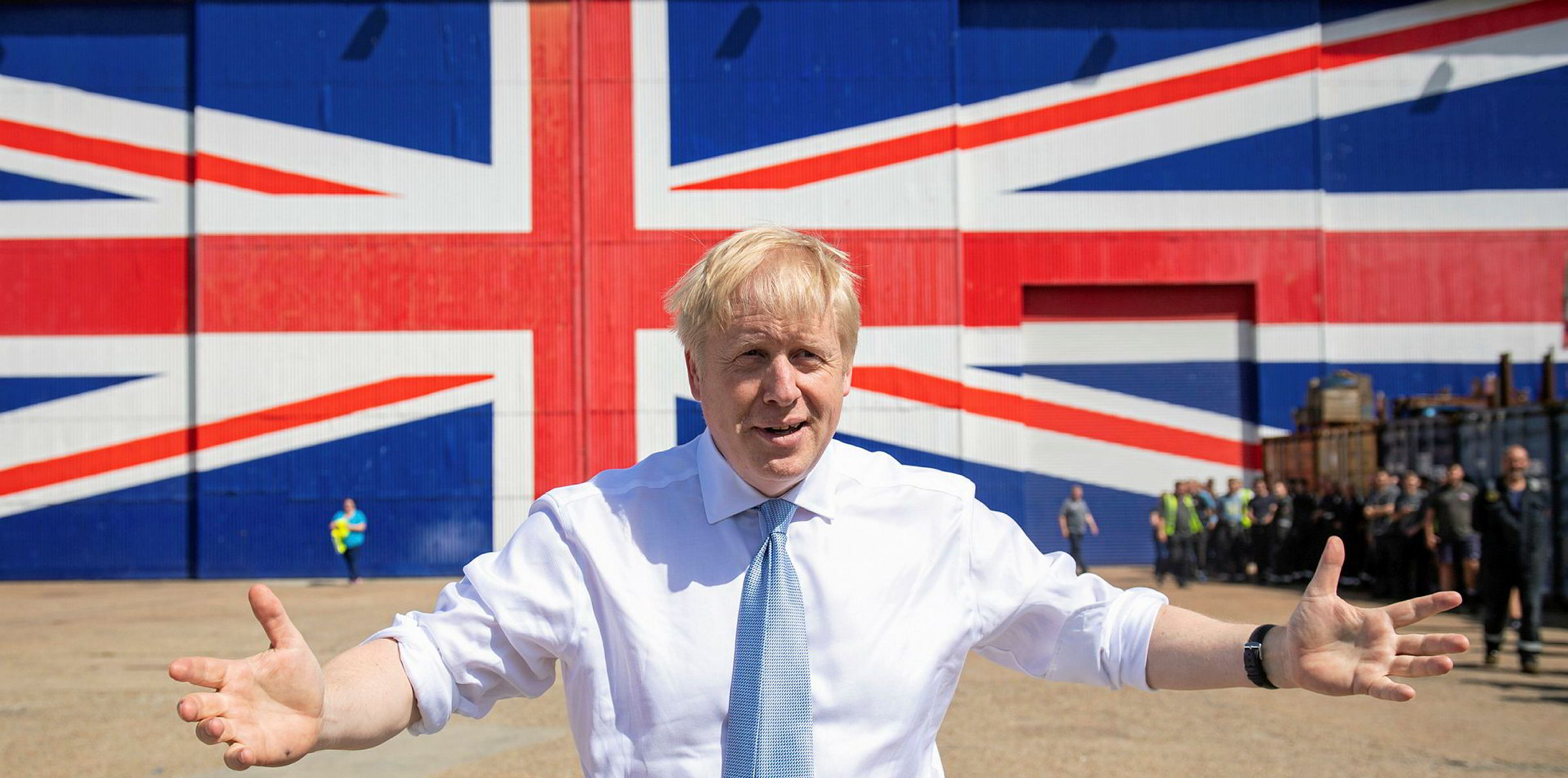‘English nationalism’ got both barrels from politicians and the commentariat this weekend. Tory grandee Chris Patten declared Boris Johnson to be an English nationalist, not a Conservative. The Observer opined that he was blinded by a ‘schoolboy English nationalism’. Blaming English nationalism for the political upheavals following Brexit has been the lazy option on Left and Right. Will Hutton railed against ‘xenophobic English nationalism’. Gordon Brown accused the Tories of ‘whipping up English nationalism’. Former Tory MP Guto Bebb has done the same.
But the inconvenient truth is that Johnson and his critics are all nationalists and of the same ilk. They are all British nationalists. They certainly disagree about what is currently the British national interest, but they share a profound disdain for England and its national identity.
Johnson is in a long tradition of Anglo-centric British nationalists who see the union as the extension of English institutions — our monarchy, our parliament — by including others. Because the union is the augmentation of England, England itself did not need, nor could it have, its own identity. Johnson’s view of the union is undoubtedly distinctly English but no different to many in previous generations. When Brexiteers harked back it was to the British empire, not England, as Patten, the last imperial governor of Hong Kong might have acknowledged.
Scotland saw the union as allowing its own legal, educational, and cultural identity. Gordon Brown stands in that tradition, happily claiming Magna Carta, the Bill of Rights and other pre- Act of Union events as British history while seeking greater autonomy for Scotland. Brown, like British nationalists north and south of the border, has always wanted to suppress England’s own voice.
On Europe, Johnson’s Conservatives and the Brexiteers did capitalise on English discontent. They won the support of the ‘political English’: people who emphasise their English identity, who put England and its interests ahead of both the union and the EU, want fair funding, and for English MPs to make English laws. They also favour public ownership and more investment across public services.
A real English nationalist would stand for those aspirations; but other than on the EU Johnson does not. The truth is that English nationalism has no voice, no political party, no programme, no public intellectuals, no civic or cultural institutions.
England is the only part of the union to have had no debate or referenda on governance and no new national democratic forum in the past 20 years. If England has not been able to re-imagine itself as a 21st century nation, it is the British nationalists — Left and Right, liberal and conservative — who have worked so hard to silence its people. It’s time they owned the consequences.










Join the discussion
Join like minded readers that support our journalism by becoming a paid subscriber
To join the discussion in the comments, become a paid subscriber.
Join like minded readers that support our journalism, read unlimited articles and enjoy other subscriber-only benefits.
Subscribe